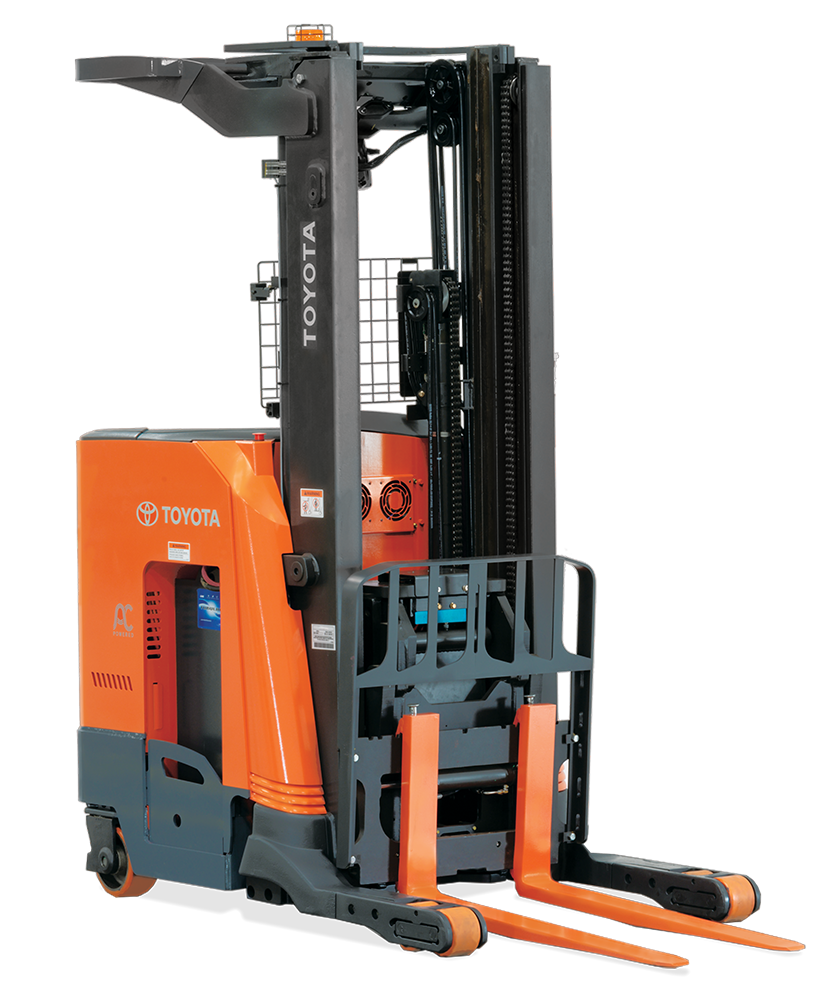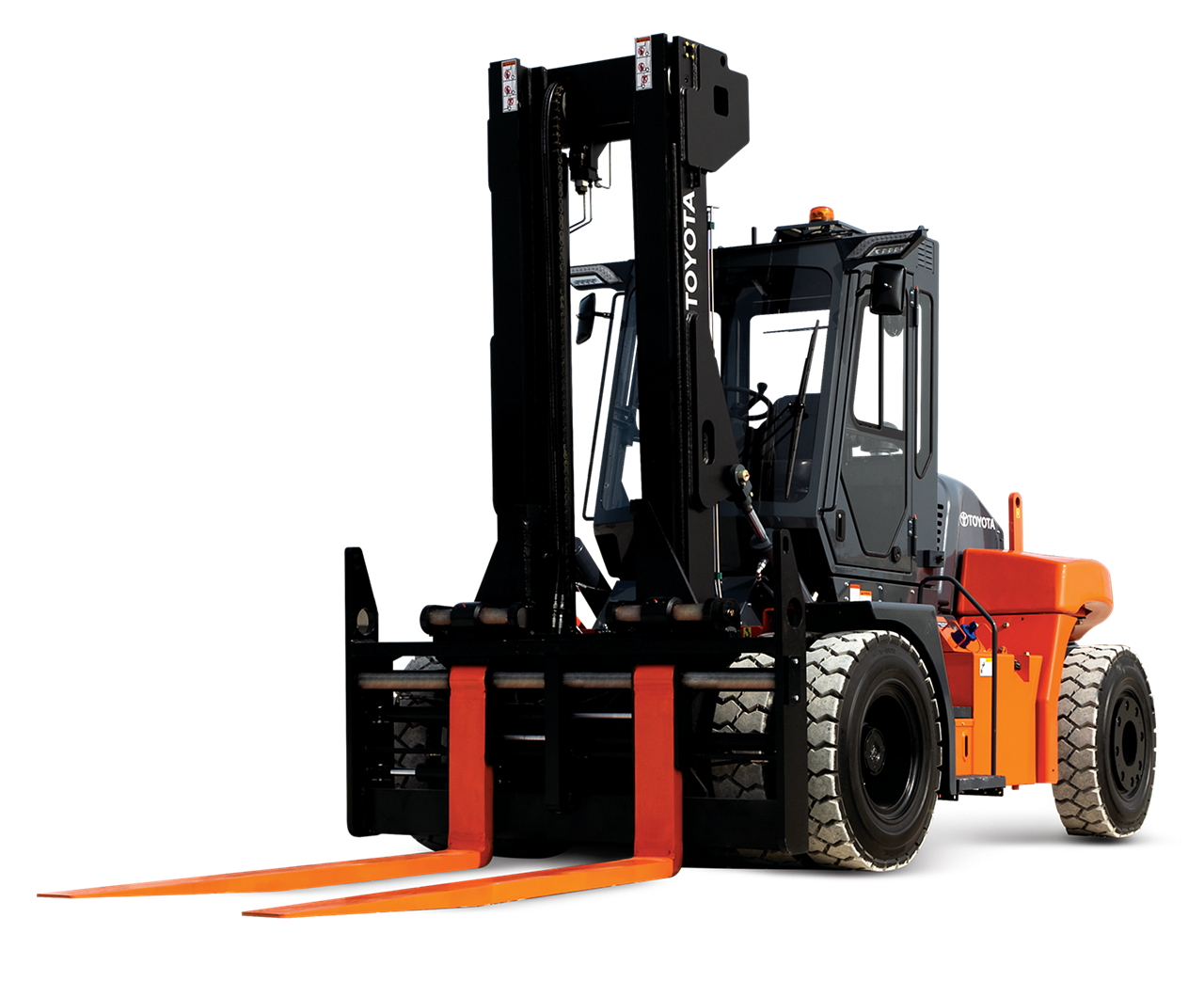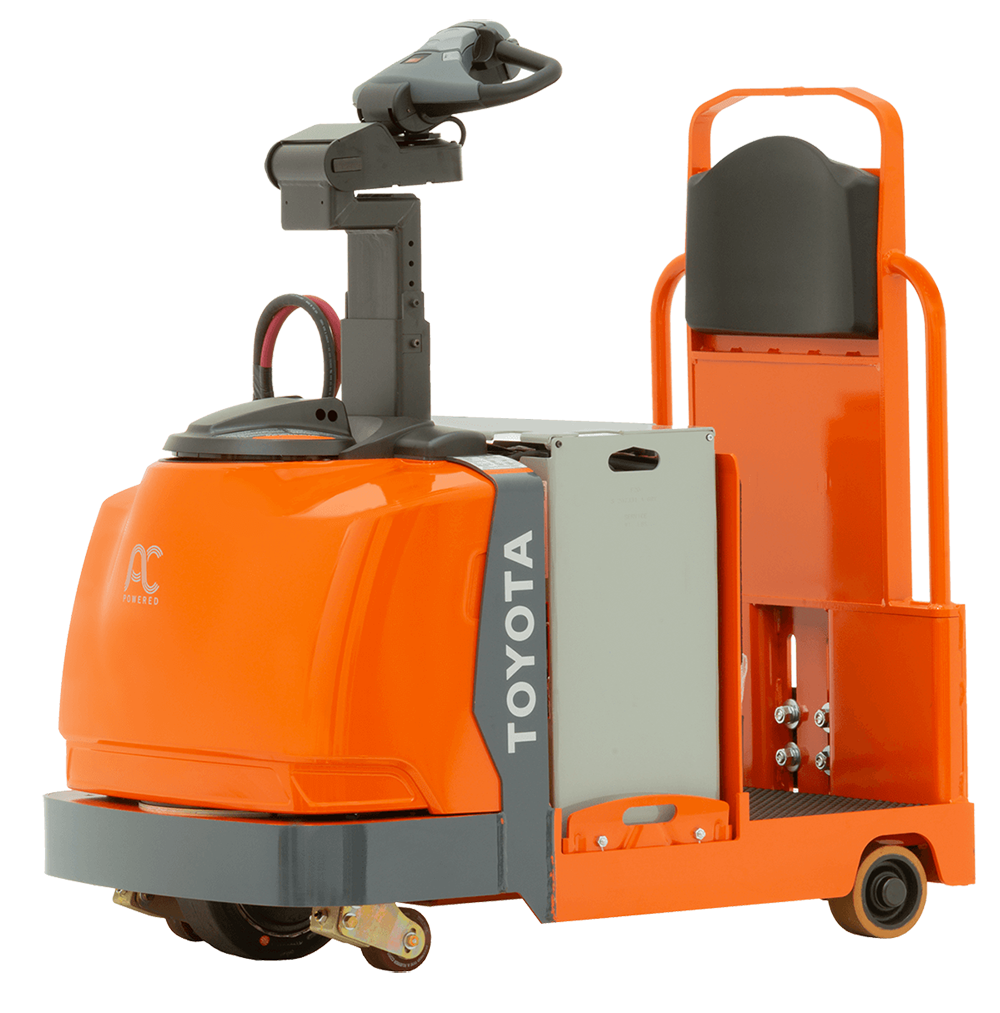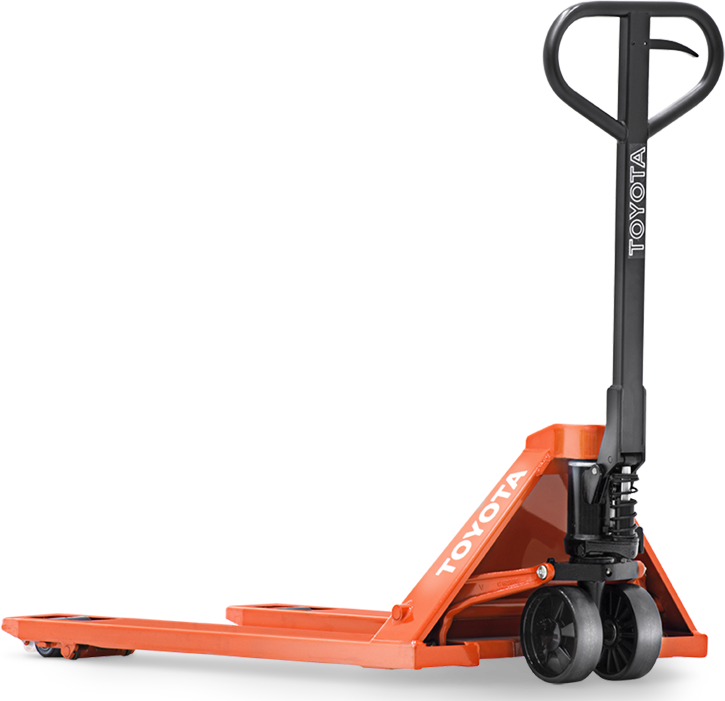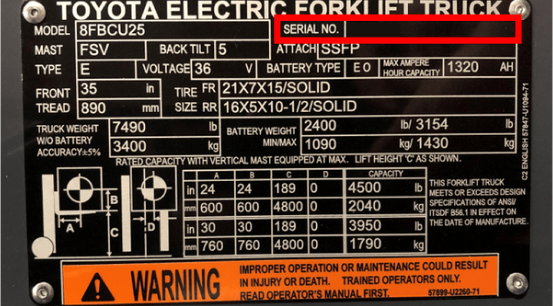Please click below to sign in to your MyToyota account
Defining Rough Terrain Forklifts

Choosing the correct material handling equipment is instrumental in making your business a success. Determine if a rough terrain forklift is best suited for your needs.
What Is A Rough Terrain Forklift?
Rough terrain forklifts come equipped with all-wheel drive functionality and large floatation tires. They are used in natural environments and disturbed surface construction sites. It should be noted that OSHA makes clear that, just because a forklift is categorized as rough terrain, it does not mean it can be used on any surface.
For example, rough terrain forklifts and pneumatic tire forklifts can both be used outdoors. However, some pneumatic tire forklifts are better suited for even, compact outdoor grounds while rough terrain forklifts are better suited for uneven terrain.
Rough terrain forklifts come in a variety of shapes and sizes:
· High-capacity rough terrain forklifts are engineered primarily for heavy-duty surface applications such as forestry.
· Telescopic boom forklifts with rough terrain treatment are often used in construction sites with heavy loads.
· Portable, self-propelled rough terrain forklifts are used for more mobile need applications where the forklift is attached to a carrier on the back of a truck or trailer and then used at a job site (such as a construction or building site) to deliver items from the truck to the job site.
Where Are Rough Terrain Forklifts Used?
When determining what forklift is best for your needs, the preliminary question of whether to select pneumatic or cushion tires for your forklift is generally determined by whether primary usage will occur indoors or outdoors. Another question you should consider is what type of terrain the forklift will be used on, is it rough or more compact?
Unlike traditional forklifts primarily used indoors, rough terrain forklifts are built to handle the challenges of construction sites, agricultural fields, lumberyards, and other outdoor environments.
Rough Terrain Forklift vs. Pneumatic Tire Forklift
Rough terrain forklifts and pneumatic tire forklifts share the common feature of being equipped with pneumatic tires. However, rough terrain forklifts are a specialized subset within the broader category of pneumatic tire forklifts. While all rough terrain forklifts have pneumatic tires, not all pneumatic tire forklifts are specifically designed for challenging outdoor conditions.
How is Maintenance Different for Rough Terrain Forklifts?
Rough terrain forklifts are made for rough outdoor terrains, which means that these forklifts will be subject to more wear and tear than forklifts in many other applications. Being proactive in the maintenance of your forklift can help ensure the longevity and safety of rough-terrain forklifts.
Check Tires More Often: The tires of rough terrain forklifts are subjected to more significant wear and tear due to uneven and rough surfaces. Regular inspection for cuts, punctures, and proper tire inflation is crucial. Replacing worn or damaged tires promptly is essential to maintain stability and traction.
Dust and Debris Management: Regular cleaning and inspection of air filters, radiators, and other components are essential to prevent the accumulation of debris, which can affect engine performance and cooling. Especially since rough terrain forklifts are often used in outdoor conditions that can be dusty.
Frame and Structure Maintenance: The rugged conditions in which rough terrain forklifts operate can lead to stress on the frame and structural components. Regular inspections for cracks, weld integrity, and signs of wear are crucial for maintaining the overall stability and safety of the forklift.
Discover the power and versatility of our rough terrain forklifts. For any industry you’re in, our forklifts are designed to exceed your expectations. Rough Terrain forklifts can help you meet your construction site logistics challenges.
Contact a Toyota Forklift dealer to discuss your specific needs, explore our range of models, and take the first step towards enhancing your productivity in any terrain.




